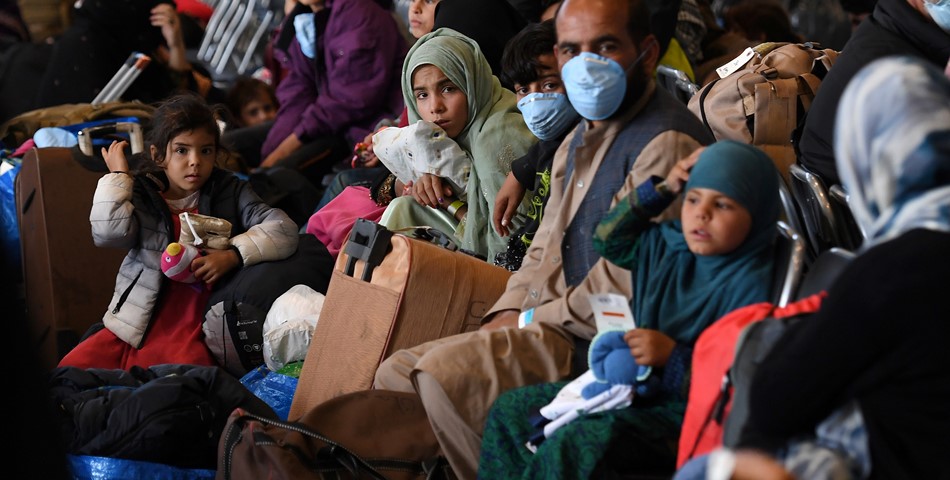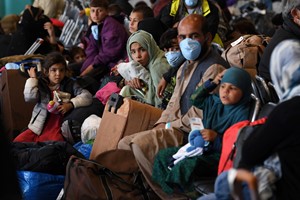Launched today by the World Health Organization (WHO), a new Alert underscores the crucial importance of ramping up investment in healthcare services provision in Afghanistan, particularly in the underserved areas where the healthcare infrastructure is severely under-resourced and remain vulnerable due to the ongoing humanitarian crisis.
After decades of instability, exacerbated by severe drought and natural disasters, Afghanistan is currently facing a prolonged humanitarian crisis, with millions of people living with poor or no access to health and food, putting them at a severe risk of malnutrition and disease outbreaks. The vulnerability of women and girls has further intensified, as they face increased obstacles in accessing healthcare due to the ban on education and workforce participation.
The revised Afghanistan Humanitarian Response Plan for 2023 reveals an alarming increase in the number of people in urgent need of humanitarian aid. As per the plan, 28.8 million people in Afghanistan require immediate assistance, up from 18.4 million prior to August 2021. To address the health emergency, 14 million people, including 7.5 million children and 3.1 million women, are currently targeted for health assistance, out of which 8.4 million have already been reached in the first six months of 2023. The healthcare response has been commendable, with a total of 25.7 million healthcare services provided between 2022 and 2023.
However, despite these efforts and without sufficient funding, 8 million people in Afghanistan will lose access to essential and potentially lifesaving health assistance, and 450,000 patients will have little to no access to life-saving trauma care services, including blood transfusions and referrals. In addition, an estimated 1.6 million people with mental health conditions will have little to no access to mental health consultation and psychosocial support.
The WHO Alert highlights the dire consequences that will result if underfunding continues in Afghanistan's healthcare system. The health sector is facing significant barriers to delivering holistic services to the Afghan people, especially women and children, resulting in fragmentation and increased vulnerability, particularly in underserved areas.
WHO Director-General Dr Tedros Adhanom Ghebreyesus has called for donors to support the ongoing humanitarian health crisis in Afghanistan, highlighting the lack of resources and funding for health workers and facilities. Dr Ahmed Al Mandhari, WHO Regional Director for the Eastern Mediterranean, urged the international community to unite to tackle the crisis. WHO Representative to Afghanistan, Dr Luo Dapeng, emphasized the need for immediate action and appreciation for partners. WHO plans to continue working with partners in the second half of 2023 to tackle critical health emergencies and deliver life-saving interventions.














